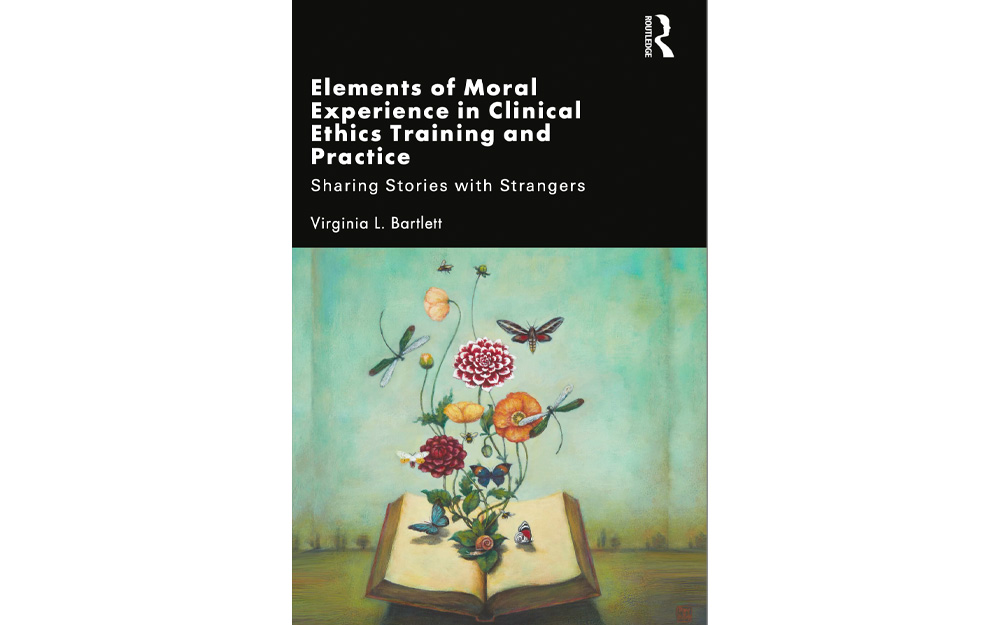Antibody Accelerator
Date
October 15, 2020
Credits

Date
October 15, 2020
Credits
Medical providers featured in this article
In Brief
{{cta-block}}
Proteins may help stop COVID-19
In the race to figure out how to detect and treat the novel coronavirus that engulfed the United States and the world in a matter of months, Cedars-Sinai scientists are looking to antibodies. These proteins develop after exposure to infection and usually provide immunity—protection against getting that disease again.
Multiple studies are exploring the role antibodies could play at every stage of dealing with COVID-19, including diagnosis, treatment and predicting the course of the disease.
Cedars-Sinai is one of the lead sites participating in early trials using uniquely synthesized antibodies derived from one of the first patients to recover from COVID-19. The single-injection treatment aims to block the virus from entering cells, which would prevent it from replicating, says Peter Chen, MD, assistant director of the Women’s Guild Lung Institute and director of Pulmonary and Critical Care Medicine, who serves as principal investigator for the ongoing study at Cedars-Sinai. The experimental molecule was developed by Eli Lilly and Company.
“In this situation, we really are in a time crunch to find something that can help patients and help our society,” Chen says. “We’ve been approached to do many studies and we have to be strategic about which ones we adopt. This one excited me right away because the idea of using appropriate antibodies to neutralize the virus is very appealing and early laboratory studies were encouraging.”
Meanwhile, another project seeks to confirm the effectiveness of diagnostic swab tests in detecting COVID-19 by using blood tests that measure antibody levels. The virus tends to reside first in the nasal cavity but later may move to other parts of the body that a swab cannot reach.
“The probability of a false negative from the swab test is especially high among those who were symptomatic at home or in a nursing facility before they were admitted to the hospital,” says Anders Berg, MD, PhD, associate director of Clinical Chemistry and Core Laboratories.
Antibodies might also prove useful as biomarkers to help determine the course of treatment, Berg says. He and his colleagues are working to pinpoint whether the level of antibodies in the bloodstream could help identify patients who are not mounting an adequate immune response to the virus and are likely to require ventilator support. Antibody testing might also identify patients who would most benefit from antibody therapies or other antiviral medications.





